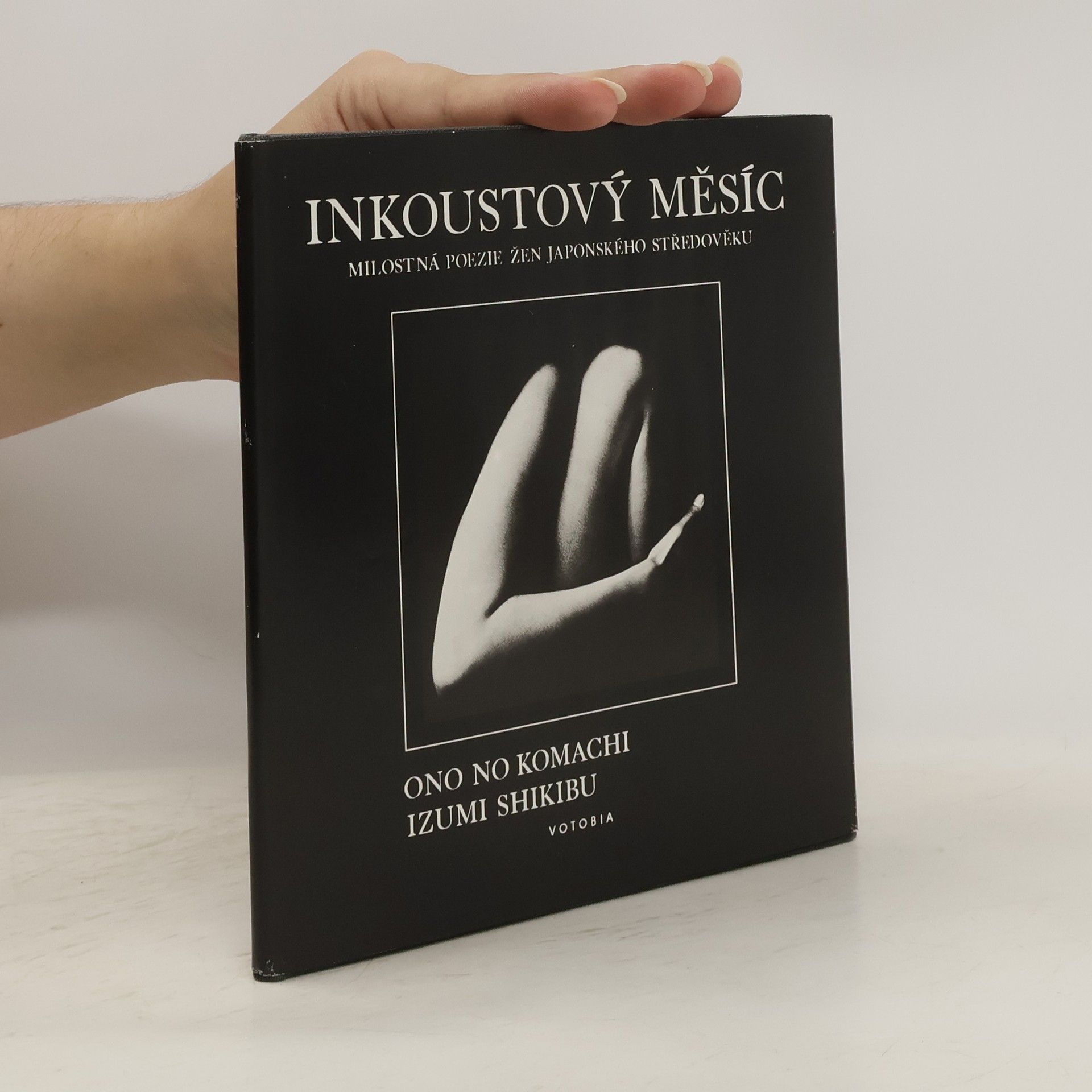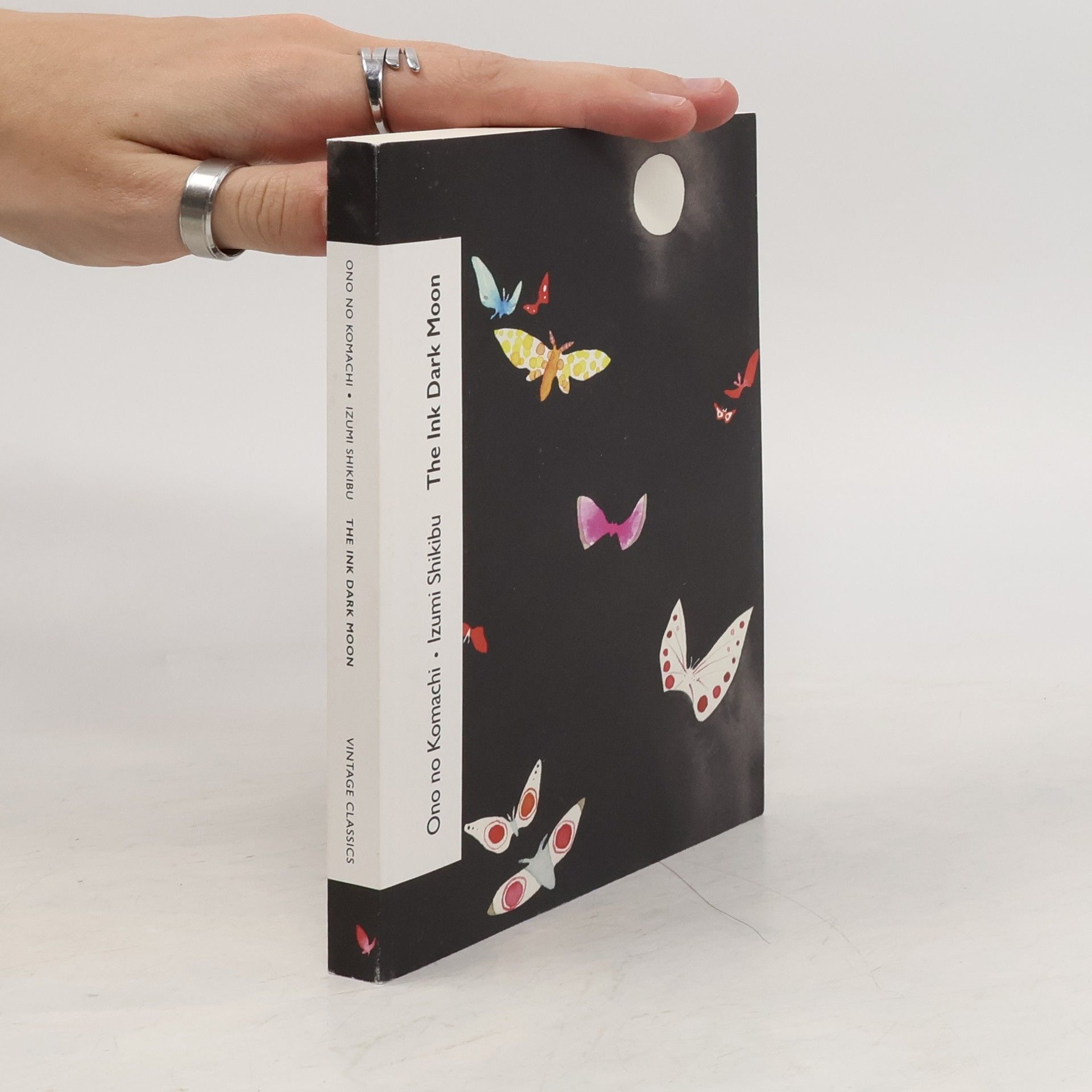Here is a collection of sexy, brief, fleeting poems about love, lust and longing. They originate from a time in Japanese history where aristocratic women of the Heian court were free to marry and conduct love affairs according to their desires. Education and refinement were so highly valued that the courtly manner of expressing oneself, whether to give condolences for a death, to send back a forgotten fan, or to heighten the anticipation of a lover's visit, was with a poem of just five lines. A convention of secrecy surrounding love affairs fills these verses with palpable emotion. These vivid and erotic poems express love in all its forms, and do so with amazing economy of words, unforgettable imagery and breath-taking modernity. INTRODUCED BY NIKITA GILL 'They are full of dreams, of autumns, of lovers known or not yet met, of desire, wonderment, loneliness' Irish Times Translated by Jane Hirshfield with Mariko Aratani, this is an edition that brings the story of the poems to life with a detailed introduction and notes on the translation.
Izumi Šikibu Livres
Izumi Shikibu était une poétesse japonaise de la période Heian. Son œuvre capture l'esprit de son temps, ses poèmes étant appréciés pour leur sensibilité intime et leurs aperçus perspicaces. Elle écrivait avec une élégance et une profondeur uniques qui continuent de résonner auprès des lecteurs aujourd'hui.





Výbor z básní Ono no Komači a Izumi Šikibu. Anglické verze japonských originálů do češtiny převedla Jitka Herynková.
Výbor z poezie japonské dvorní dámy a proslulé básnířky z doby Heian (794-1185) Izumi Šikibu (978- po r. 1036). Její klasická pětiverší (tanka) odrážejí jak intenzivní prožívání všech krás lidského života a přírody, tak buddhistické vědomí pomíjivosti všeho. Řada básní paní Izumi byla zařazena do císařské sbírky japonské poezie Gošúišú z roku 1086 a dalších oficiálních básnických analogií včetně prestižní Nové sbírky starých a současných japonských básní (Šinkokinšú) částečně přeložené do češtiny pod názvem Bledý měsíc k ránu (Mladá fronta 1994).
Deník a verše dvorní dámy Deník, pokrývající úsek deseti měsíců, je ohlédnutím za důležitým údobím v autorčině osobním životě, kdy začínala její čtyřletá známost s princem Acumičim, synem císaře Reizeie a nevlastním bratrem zesnulého prince Tametaky-předchozího milence paní Izumi (978- asi 1038)